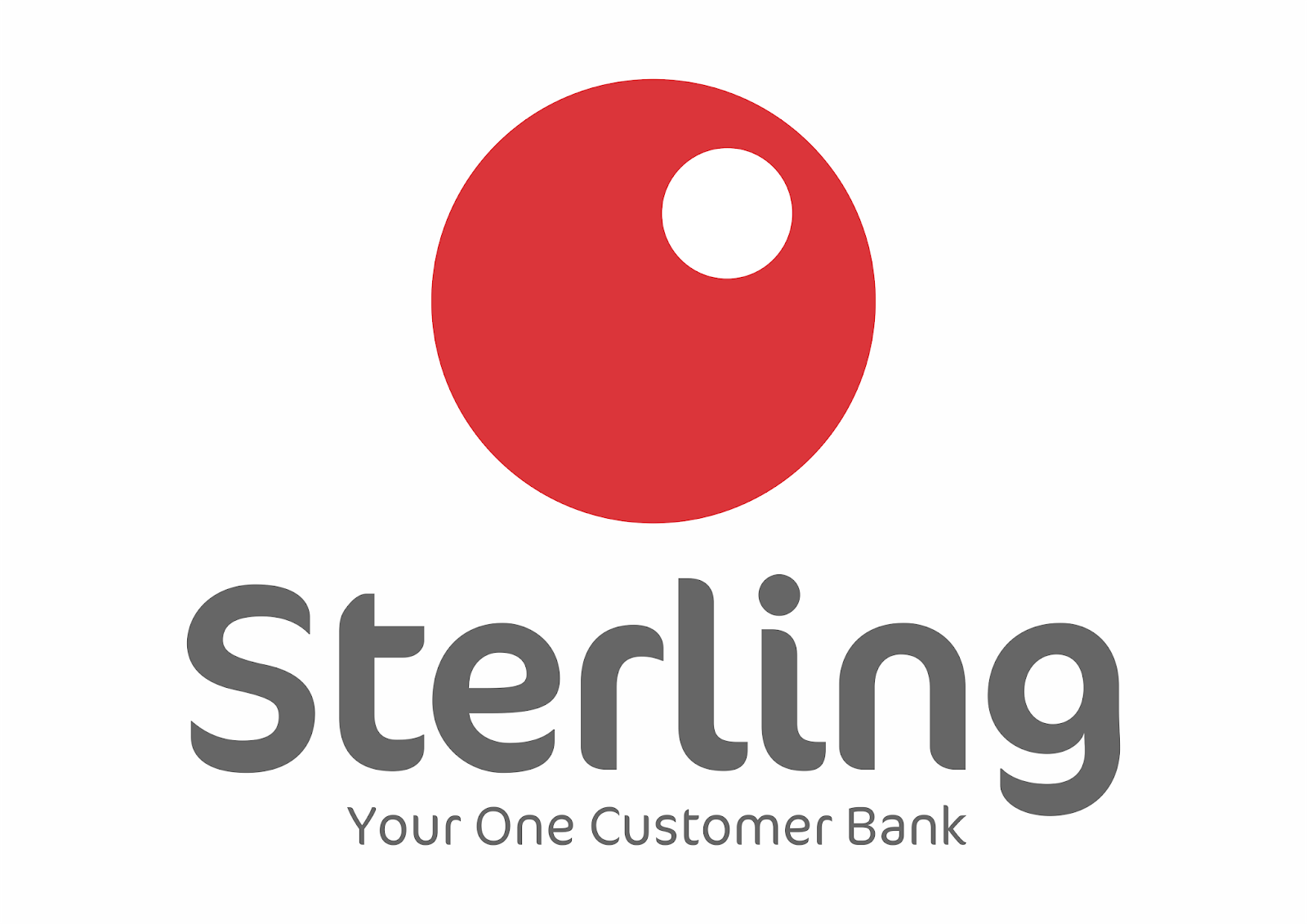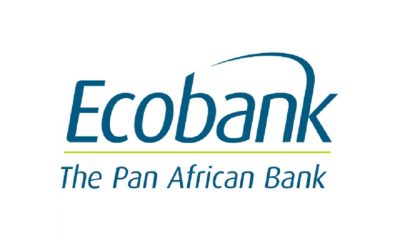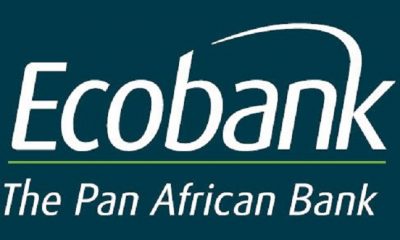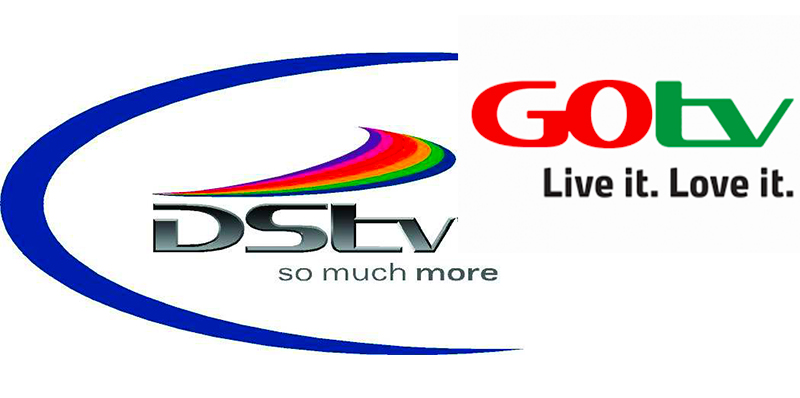Banking
System Upgrade: FCCPC May Sanction Banks Over Service Disruption

By Adedapo Adesanya
The Federal Competition and Consumer Protection Commission (FCCPC) has warned financial institutions against continuing disruption in online banking services across Nigeria.
Business Post reports that customers have witnessed a series of disruptions from GTBank, Zenith Bank and others after they carried out system upgrades a few weeks ago.
In a statement on Tuesday, the chief executive of FCCPC, Mr Tunji Bello, emphasised that the affected lenders were violating the rights of their customers, especially by not communicating the issues to them.
The agency also said it was deeply concerned by the disruptions that have hindered customers from accessing their funds, making payments, and carrying out essential transactions.
“The disruptions have negatively impacted millions and have serious implications for individuals and businesses alike,” the statement said in part.
According to the commission, service providers are required by the Federal Competition and Consumer Protection Act (FCCPA) to be transparent and communicate with customers openly and accurately.
The FCCPA Act 2018 is the main statute governing consumer protection and competition regulation in Nigeria.
“Under the Federal Competition and Consumer Protection Act (FCCPA) 2018, bank customers have specific rights to guarantee fair and accountable service delivery. A key provision is the right to quality service, which mandates that all service providers, including banks, maintain acceptable levels of functionality and reliability.
“When banks cannot maintain access to essential financial services, they are arguably failing to meet this standard, potentially leading to significant financial hardship, loss of trust in the banking system, and damage to the overall economy.
“The FCCPA further grants consumers the right to reasonable access to goods and services—a principle that is compromised when technical failures impede customers’ access to their funds.
“At a time when Nigeria’s economy is increasingly cashless, online banking is no longer a mere convenience but a necessity. Interruptions that impede consumers from engaging in transactions or accessing essential funds are not only an inconvenience, but they may also be a violation of this right,” the statement added.
It said during service disruption, it is essential that banks keep their customers fully informed about the causes, scope, and anticipated duration of any service issues.
“Regrettably, many consumers are left in the dark, a situation that increases frustration and leaves customers feeling unsupported.
“The FCCPA allows consumers to seek redress for services that do not meet the necessary standards. As such, bank customers can seek redress, if they are adversely affected by substandard services.
“The FCCPC is currently reviewing the situation to determine if consumers’ rights to redress are being upheld and if more action is needed to enforce accountability,” it said.
The body added that it is actively working with relevant regulatory authorities, financial institutions, and stakeholders to address these disruptions and ensure the protection of customers.
“The commission will pursue all necessary actions to ensure the protections of the FCCPA are upheld.
“The commission assures affected bank customers that their concerns are being taken seriously.
“We urge banks and financial institutions to take swift action to restore services, prioritise customer support, and enhance communication to manage customer expectations transparently and responsibly,” the statement added.
Banking
Polaris Bank Embeds Gift Card Feature in VULTe

By Aduragbemi Omiyale
A new Gift Card feature has been added to the digital lifestyle platform of Polaris Bank Limited, known as VULTe.
The gift card catalogue includes leading brands and platforms such as Amazon, SureGift, Visa and MasterCard Prepaid Cards, iTunes and Apple, Google Play, Steam, Razer Gold, Netflix, Spotify, Starbucks, and PaySafeCard, covering everything from physical goods and digital content to subscriptions, gaming, and everyday essentials.
This feature allows for a faster and smarter way for users to send love, appreciation, and rewards across borders, enabling customers to deliver global brand gift cards to family and friends anywhere in the world in seconds.
Designed for speed, security, and everyday relevance, the feature allows users to choose from a wide range of international and local brands spanning groceries, beauty and wellness, fashion, electronics, entertainment, gaming, and lifestyle services, all seamlessly accessible on VULTe.
Whether it is paying for a Netflix subscription in London, sending Spotify Premium to a friend in Accra, gifting a Starbucks coffee in New York, or helping a loved one shop at Amazon or Shoprite, VULTe’s Gift Card feature transforms digital transfers into meaningful real-world experiences, powered by Polaris Bank’s secure digital infrastructure.
Users log in to VULTe, select Lifestyle, choose Gift Card, pick a preferred brand, enter the amount and recipient’s email, confirm the transaction, and authorise with their PIN. The gift card is delivered instantly, removing shipping delays, currency barriers, and geographic limitations.
With this feature on VULTe, Polaris Bank reinforces its commitment to digital innovation and lifestyle banking, positioning VULTe as a bridge between financial services and everyday global experiences, enabling customers to turn simple moments into meaningful connections delivered instantly, securely, and without borders.
Banking
Sterling Bank, AltBank Meet Full Recapitalisation After N153bn Injection

By Modupe Gbadeyanka
The banking subsidiaries of Sterling Financial Holdings Company Plc, Sterling Bank and The Alternative Bank (AltBank), have met the full recapitalisation requirements of the Central Bank of Nigeria (CBN).
The chief executive of Sterling Holdings, Mr Yemi Odubiyi, said the recapitalisation strengthens the group’s ability to support economic activity while maintaining financial resilience.
“This exercise goes beyond regulatory compliance. It positions us to expand credit responsibly, accelerate innovation, and provide sustained support to businesses and households, while maintaining the discipline required in a challenging operating environment,” he said.
Mr Odubiyi noted that fully capitalising both Sterling Bank and The Alternative Bank reinforces the organisation’s dual-bank structure and its ability to serve conventional and non-interest segments.
“Our structure enables efficient deployment of capital across complementary markets and positions us to respond with agility to evolving customer needs,” he said, adding that strong investor participation across the capital programmes reflects confidence in the group’s governance and long-term strategy.
He further pointed out that the strengthened balance sheet provides a platform for the company’s next phase of growth.
“We are entering this phase from a position of significant financial strength, with the capacity to scale non-banking businesses, deepen digital capabilities, and pursue disciplined expansion opportunities while delivering sustainable value for shareholders,” Mr Odubiyi said.
Sterling Holdings achieved this feat after raising fresh capital between December 2024 and October 2025, positioning itself well ahead of the 2026 industry deadline.
In December 2024, it completed a N75 billion private placement, raising N73.86 billion in net proceeds. Of this amount, N68.8 billion was allocated to Sterling Bank and N5 billion to The Alternative Bank, strengthening the capital base of both institutions.
This was followed by a N28.79 billion rights issue, which was oversubscribed by N10.29 billion. Regulatory approvals in May 2025 enabled the allotment of N26.639 billion under the rights issue, with the oversubscription restructured into a private placement, enabling AltBank to meet the capital requirement for non-interest banks with national licences.
Sterling HoldCo further strengthened its capital position through an N88 billion public offer in October 2025, which recorded an oversubscription. The CBN has cleared the full amount of N96.69 billion for recognition as additional capital, while the Securities and Exchange Commission (SEC) approved the allotment of 13,812,239,000 shares.
In total, the group injected N153 billion into Sterling Bank and The Alternative Bank, bringing both institutions into full compliance with the revised capital requirements.
Banking
SERAP Sues CBN Over Alleged Missing N3trn

By Adedapo Adesanya
The Socio-Economic Rights and Accountability Project (SERAP) has filed a lawsuit against the Central Bank of Nigeria (CBN) for failing to account for N3 trillion in public funds, alleged to be missing or diverted.
The lawsuit followed the grave allegations contained in the latest annual report by the Auditor-General of the Federation, published on September 9, 2025. It includes over N629 billion paid to ‘unknown beneficiaries’ as part of the Anchor Borrowers’ Programme.
In the suit number FHC/ABJ/CS/250/2026 filed last week at the Federal High Court in Abuja, SERAP is seeking: “an order of mandamus to direct and compel the CBN to account for and explain the whereabouts of the missing or diverted N3 trillion of public funds, including detailed reports of how exactly the funds were spent.”
In the suit, SERAP argued that, “These grim allegations by the Auditor-General suggest grave violations of the public trust, the provisions of the Nigerian Constitution 1999 [as amended], the CBN Act, and anticorruption standards.”
SERAP is arguing that, “These grave violations also reflect a failure of CBN accountability more generally and are directly linked to the institution’s persistent failure to comply with its Act and to uphold the principles of transparency and accountability.”
According to SERAP, “These violations have seriously undermined the ability of the CBN to effectively discharge its statutory functions and the public trust and confidence in the bank. The CBN ought to be committed to transparency and accountability in its operations.”
SERAP is also arguing that, “Nigerians have the right to know the whereabouts of the missing or diverted public funds. Granting the reliefs sought would advance the right of Nigerians to restitution, compensation and guarantee of non-repetition.”
The suit filed on behalf of SERAP by its lawyers: Ms Oluwakemi Agunbiade and Ms Valentina Adegoke, read in part: “According to the Auditor-General, the CBN in 2022 failed to remit over N1 trillion [N1,445,593,400,000.00] of ‘the Federal Government’s portion of operating surplus’ into the Consolidated Revenue Fund (CRF) account.”
“The Auditor-General fears that the money may have been ‘diverted.’ He wants the money recovered and remitted to the treasury.”
“The CBN also failed to recover over N629 billion [N629,040,000,000.00] paid to ‘unknown beneficiaries’ as part of the Anchor Borrowers’ Programme, a programme ‘meant to support farmers to ensure sustainable food production in the country,’” it said.
SERAP noted that the Auditor-General raised serious concerns over financial management at the apex bank, citing unaccounted intervention funds and unrecovered loans running into hundreds of billions of naira.
The report noted that the number of beneficiaries who collected certain disbursed funds remains unknown and that efforts to recover the money have been inadequate. Over N784.4 billion in unpaid and overdue loans issued between 2018 and May 2022 remain outstanding, with fears that diversion of funds may have worsened food security challenges. The Auditor-General has called for full recovery and remittance of the funds to the treasury.
-

 Feature/OPED6 years ago
Feature/OPED6 years agoDavos was Different this year
-
Travel/Tourism10 years ago
Lagos Seals Western Lodge Hotel In Ikorodu
-

 Showbiz3 years ago
Showbiz3 years agoEstranged Lover Releases Videos of Empress Njamah Bathing
-

 Banking8 years ago
Banking8 years agoSort Codes of GTBank Branches in Nigeria
-

 Economy3 years ago
Economy3 years agoSubsidy Removal: CNG at N130 Per Litre Cheaper Than Petrol—IPMAN
-

 Banking3 years ago
Banking3 years agoSort Codes of UBA Branches in Nigeria
-

 Banking3 years ago
Banking3 years agoFirst Bank Announces Planned Downtime
-

 Sports3 years ago
Sports3 years agoHighest Paid Nigerian Footballer – How Much Do Nigerian Footballers Earn


















